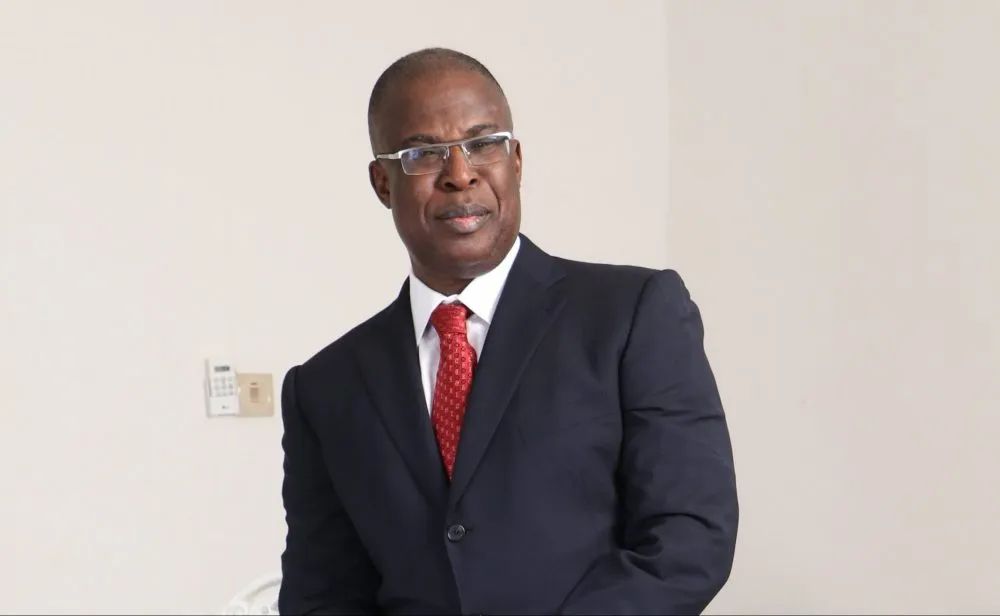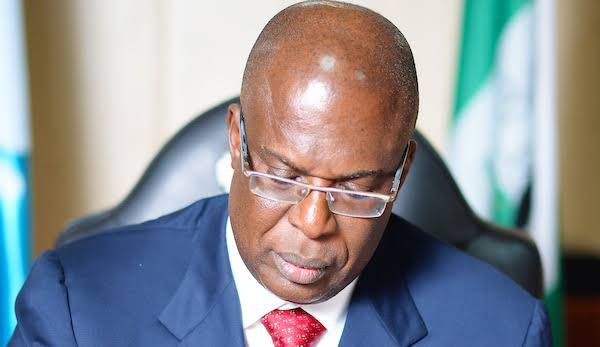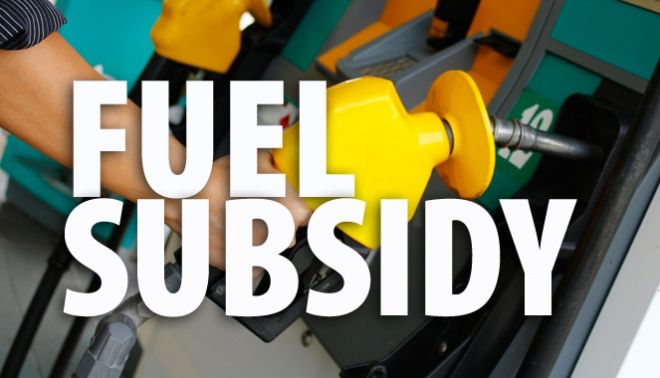The Federal Capital Territory Administration (FCTA) of Nigeria’s capital city, Abuja, is introducing electric vehicles, an environmentally friendly mode of transportation, as part of its steady shift to green energy.
During a visit to the FCTA by the management of the National Automotive Design and Development Council (NADDC), led by its Director-General, Jelani Aliyu, the FCT Minister, Malam Muhammad Musa Bello, stated plans are underway to begin the usage of electric vehicles in the city.
According to a statement by the Minister’s Chief Press Secretary, Mr Anthony Ogunleye, after taking a test drive in a Hyundai Kona, an electric vehicle built in Nigeria, Malam Bello revealed that the administration’s long-term plan was to develop Abuja into one of the country’s greenest cities and that the use of electric vehicles as a major mode of public transportation was a major part of that plan.
According to the minister, the prohibition on tricycles and motorbikes in the city is part of a plan to transition to greener energy, and diesel buses would be phased out gradually.
The statement read: “The proposal brought to us by the DG fits into our long-term plan for the city. As you know, we pride ourselves in having Abuja as one of the greenest cities in the country, from the generation of vegetation and planting of trees to the concerted efforts to make sure that modern waste disposal systems are entrenched.
“So, this just takes us to the next step which is trying to improve on the transportation system in the city, particularly our bus mass transit system and what is called the last mile.”
Mr Aliyu, for his part, was cited as stating that the visit was to work together with the FCTA to make Abuja one of the world’s most progressive and green cities.
He claimed that the Hyundai Kona is Nigeria’s first electric vehicle, with a range of roughly 492 kilometres and the ability to be charged from any electric outlet, and that the NDDC has built solar charging stations in Sokoto, Lagos, and Nsukka to support the vehicle.
Top officials from the Stallion Group of Companies were also on the NADDC delegation, and they gave a presentation on their suggested public transportation alternatives.



